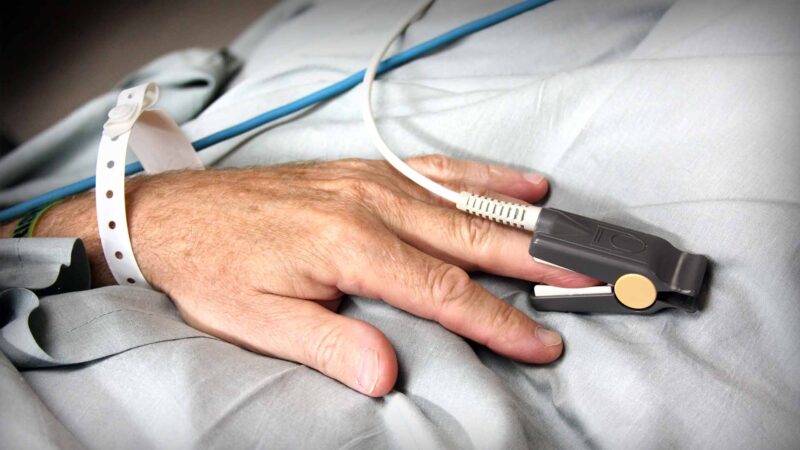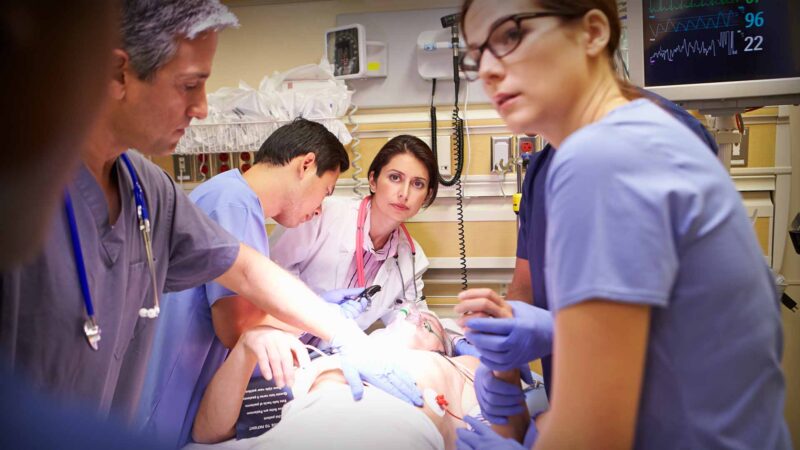Unlike Emergency Departments that operate within public hospitals and some private hospitals, a Walk-in Specialist Emergency Clinic is located in the community and designed to provide comprehensive, coordinated acute care – from initial consultation and diagnostic services, to treatment and specialist referral if required – without the patient having to visit a hospital.
The first WiSE Clinic opened in Macquarie Park (North Ryde), New South Wales in early 2017, delivering immediate medical care when accidents or emergencies require more than a GP visit and are considered non-life threatening or unlikely to require admission to hospital.
Australian health journal spoke to the visionary, founder and CEO behind this WiSE Specialist Emergency clinic, Dr Pankaj Arora.
Dr Arora talks about the origins of his journey in emergency departments working in four continents as an Emergency Room physician for the past 28 years. His passion is to develop health care systems to help acute care in the community.
Stating 70% of people presenting at Emergency Departments in Australian Hospitals, not getting admitted, 7 years ago Dr Arora modelled these patients presenting to ER but breaking away from the hospital setting. This break away setting would deliver treatment by a team of doctors, allied health specialists, radiology, fracture clinic, chest pain clinic, TIA clinic, early pregnancy clinic and pathology services all co-located in the single facility.
Since putting the model in place and opening in 2017, the Macquarie Park WiSE Emergency Specialist Clinic has treated over 70,000 patients. Dr Arora sees it as a very efficient and cost effective model, where the patient is seen by a specialist in a multidisciplinary team within half an hour and receives results within an hour. He emphasises the clinic has not replaced General Practice nor the Emergency Department in hospital.
From the success of the Macquarie Park, NSW clinic, last year Dr Arora set his plans in motion to open a 2nd WiSE emergency specialist care clinic, this time in Queensland. This happened only after 3 years of planning and modelling prior to the opening of the new centre in September 2022. However since opening in Robina, Gold Coast, the new WiSE clinic has been treating on average 20 patients per day – a faster rate than the first 6 months of the Macquarie Park, NSW clinic.
In closing Dr Arora talks about the differences between the WiSE model and urgent care clinics. Scaled down versions of emergency care departments in urgent care centres fail to address the treatment required for patients between General Practice and at hospital emergency departments.
His plans now include opening 10 clinics in the next 5 years, with an expectation that 20-50 clinics would be needed across Australia in the medium to long term.
You Might also like
-
Orthopaedic surgeon driven to understand & manage infection
In tandem with his clinical practice, Associate Professor Tetsworth is deeply engaged in orthopaedic research, with a keen interest in infection management, infection control, limb salvage, bone defect reconstruction, biomarker development for infection, bone growth hormone delivery, and the use of 3D printed models for reconstructing segmental bone defects.
-
Stroke care advances in translated research
New nurse-led protocols for stroke patients, based on ACU research, led by the Nursing Research Institute, have resulted in changes to policy, guidelines and clinical practice in Europe and Australia. The protocols were developed through the Quality in Acute Stroke Care (QASC) Trial (published in the Lancet, 2011) to manage fever, hyperglycaemia and swallowing (FeSS) post-stroke.
-
Landmark research projects tackle critical issues in emergency healthcare
For two decades, the demand for emergency department services in Australia has outpaced population growth and wait times have increased. In 2022-2023 more than 8.8 million emergency department presentations occurred nationwide.
While demand is a contributing factor, EDs are currently being impacted by various factors across the entire health system.
The Emergency Medicine Foundation (EMF) is a non-profit organisation funding innovative Australian research that improves the way people are cared for in a medical emergency. The aim of the research is to deliver better and more effective health services to save lives and money.



